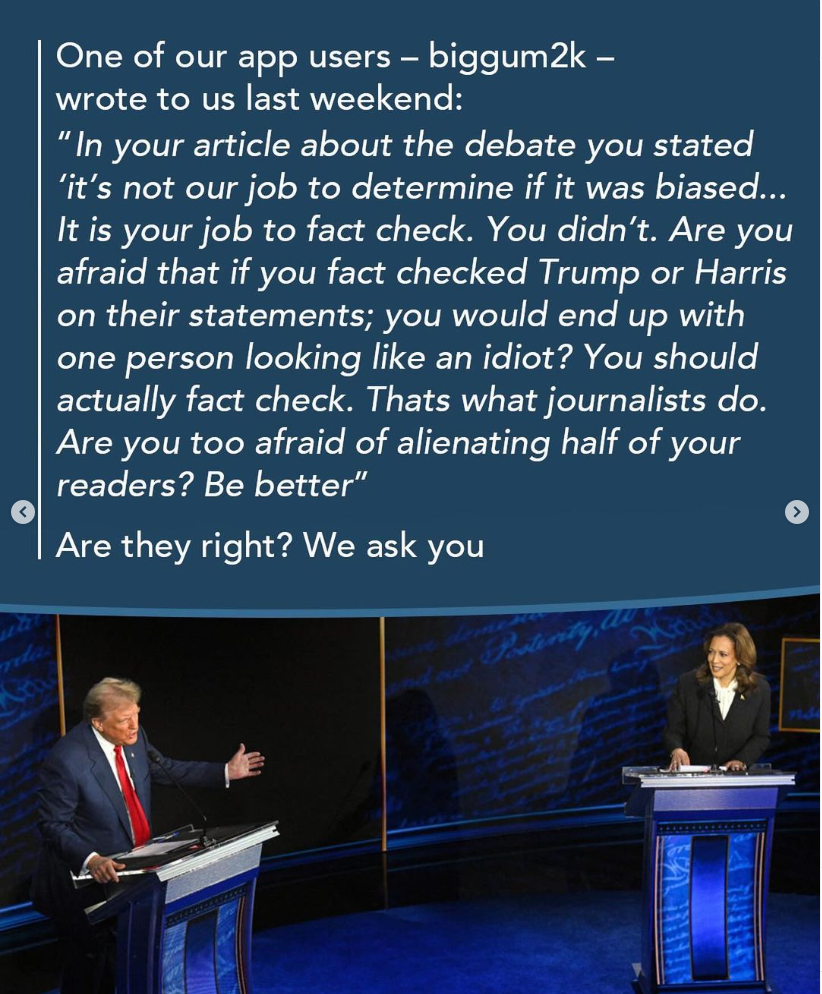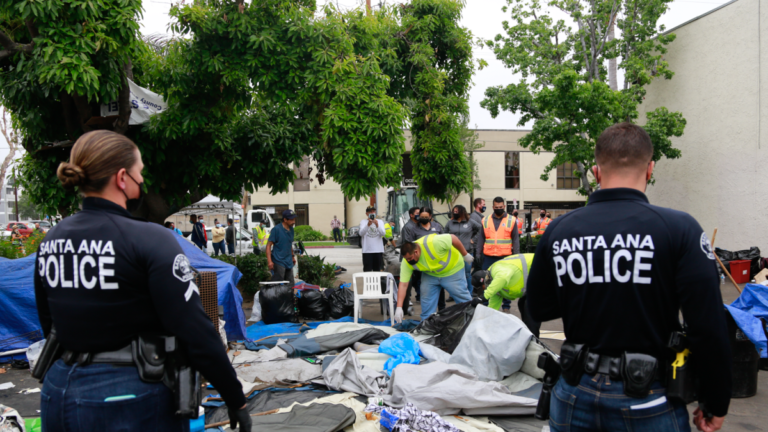“Debate Recap: Harris vs. Trump—Truth, Claims, and the Need for Fact-Checking”
Text about the Harris-Trump Debate

Earlier this month, Kamala Harris and Donald Trump faced off in their first (and possibly only) debate, a highly anticipated event that drew significant media attention and public interest. The debate covered a wide range of topics, including the economy, healthcare, and foreign policy, with both candidates presenting their viewpoints and engaging in spirited exchanges.

During the debate, tensions ran high as Harris challenged Trump on his handling of the pandemic. She highlighted the shortcomings of his administration in managing the public health crisis, emphasizing the need for a more effective response to ensure the safety and wellbeing of the American people. Trump, on his part, defended his administration’s actions, claiming that they had done an excellent job with vaccine distribution and revitalizing the economy.
As the debate progressed, both candidates made bold assertions and presented statistics to back up their claims. Harris focused on the impact of the pandemic on working families, while Trump touted the success of his economic policies prior to the pandemic. Their contrasting approaches not only showcased their individual philosophies but also illuminated the broader political divide in the country.

Following the debate, we published a post summarizing the key moments and claims made by both candidates. However, a user from our app challenged part of our post, raising important questions about the accuracy of the information presented. This interaction sparked a broader conversation about the necessity of fact-checking in political discourse.
This leads us to a crucial question: Should fact-checking be done? If so, how should it be implemented? The importance of fact-checking cannot be overstated, especially in an age where misinformation can spread rapidly. It serves to hold candidates accountable for their statements and helps voters make informed decisions based on accurate information.
Effective fact-checking can include:
- Real-Time Analysis: Monitoring debates live and providing immediate verification of claims made by candidates. This can enhance public understanding and encourage informed discussions.
- Use of Credible Sources: Relying on reputable studies, government data, and established news organizations to substantiate claims. This adds a layer of reliability to the fact-checking process.
- Transparency: Explaining the verification process and providing context for the claims made. This helps the audience understand the basis for the assessments.
- Objective Approach: Ensuring that fact-checking remains impartial and focused on truth rather than political bias. This builds trust among the public and reinforces the value of fact-checking as a resource.
- Post-Debate Reports: After the debate, comprehensive reports should summarize the claims made, verify those assertions, and highlight areas of agreement and disagreement. This provides voters with a clearer picture of the candidates’ positions.
As we look forward to the upcoming debate between VP candidates Vance and Walz, scheduled for Tuesday, October 1, it’s essential that fact-checking remains a priority. Ensuring that the public has access to verified information will empower voters to make educated choices in the upcoming elections.


